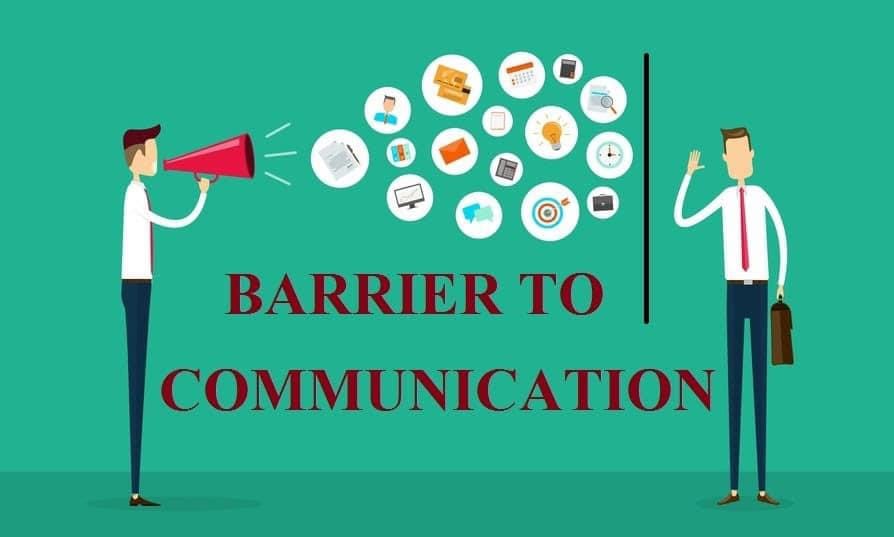Why is it difficult for men in the UK to discuss their mental health struggles openly? Exploring the barriers to communication

Mental health awareness is growing, but many men in the UK still struggle to talk about their mental health openly. Societal expectations, cultural norms, and personal experiences contribute to a silence that can be harmful. This blog post explores the barriers that prevent men from sharing their mental health struggles and highlights the importance of fostering open communication.
Societal Expectations and Masculinity
From an early age, boys are often taught to adhere to traditional ideas of masculinity, such as being tough and emotionally resilient. Studies have shown that nearly 50% of men believe that showing emotions is a sign of weakness. This belief creates a stigma around emotional vulnerability, discouraging men from expressing their feelings and seeking help when needed.
Cultural attitudes reinforce the idea that men should "man up" and face problems alone. For example, a survey by Men's Health Forum found that 75% of men believe they should be able to handle their issues without help. This mentality leads to a culture where emotional suppression is common, preventing many from discussing their mental health.
Fear of Judgment
Fear of judgment serves as another major barrier to open communication about mental health. Many men worry about how others will view them if they admit to having mental struggles. This fear can hinder their willingness to seek help and make them feel ashamed.
Conversations about mental well-being can be intimidating. For instance, a significant number of men report feeling anxious about discussing their struggles, fearing they might be labeled as ‘weak’ or ‘incapable.’ This anxiety often leads to isolation, as men tend to bottle up their emotions instead of reaching out to friends or family.
Lack of Awareness and Education
Another obstacle is the lack of awareness and education surrounding mental health issues. Many men may not fully understand what mental health entails or recognize the symptoms of conditions such as anxiety or depression.
In the UK, mental health education in schools is inadequate. A report indicated that only 25% of schools provide teaching on mental health. As a result, many young men may feel alone in their feelings, unaware that help is available or that their experiences are valid.
Limited Support Networks
Support networks are essential for encouraging discussions about mental health. However, many men find themselves in environments with little to no support. Friend groups often prioritize banter and toughness over serious conversations, which can deter men from expressing their vulnerabilities.
This environment can lead to a chilling effect, where men feel their emotions will not be taken seriously. A study found that only 30% of men feel comfortable talking about their mental health issues among friends. This statistic illustrates the pressing need for more supportive circles where men can share experiences without fear of negative repercussions.
The Impact of Generational Differences
Generational differences also play a role in how men view communication about mental health. Older generations often hold stricter views on masculinity, perpetuating outdated norms around discussing emotions. For example, many men learn from their fathers and grandfathers to suppress feelings instead of confronting them.
Younger men, therefore, may struggle to break free from ingrained beliefs about masculinity and emotional expression. A survey found that 60% of young men admit they still feel pressured to conform to traditional masculine ideals, further perpetuating the cycle of silence.
The Influence of Media Portrayals
Media portrayals significantly impact how men view themselves and their mental health. Unfortunately, many common representations of men in media either depict them as emotionally vacant or as having explosive outbursts. These stereotypes do little to encourage honest discussions about mental health.
When men do not see relatable representations that promote vulnerability, they may feel discouraged from seeking help. A study found that 70% of men feel that media does not adequately represent their struggles, which can disconnect them from the idea that it is okay to talk about their feelings.
Overcoming Communication Barriers
To improve the culture around men's mental health communication, several steps can be taken:
Encouraging Open Dialogue
Initiatives that promote discussions around mental health in communities, workplaces, and schools can help erase these barriers. For instance, companies holding mental health workshops have seen employee engagement increase by 40% as conversations become more normalized.
Role Models
Public figures who openly share their mental health struggles, like athletes and entertainers, can significantly shift public perceptions. Their stories can inspire men to come forward with their experiences, as seen when former footballer Rio Ferdinand shared his grief and mental health struggles, prompting many fans to discuss their own issues.
Seeking Professional Help
It is crucial for men in the UK to recognize that seeking professional help is not a sign of weakness. Mental health professionals can offer tailored support, which can be life-changing.
Accessing therapy, counseling, or support groups provides a safe space for men to discuss their thoughts and feelings without fear of judgment. Research shows that men who engage in therapy report better emotional health and improved relationships.
Moving Forward
The barriers to discussing mental health among men in the UK are significant, but they are not impossible to overcome. Challenging societal norms, increasing awareness, and redefining masculinity can help create an environment where emotional expression is welcomed.
It is essential for men to recognize the importance of openly discussing their struggles. Seeking help is a fundamental step toward healing and can change the narrative around men's mental health for generations to come.
By fostering a community that values understanding and connection, we can pave the way for more men to share their experiences, reducing the stigma and fear that holds so many back. Let us work together to promote a culture where mental health conversations are not just acceptable but encouraged.
